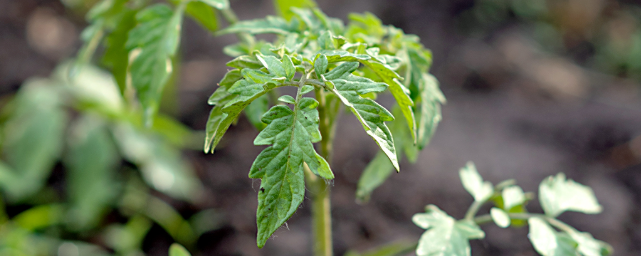


 10:16:38
10:16:38  2025-03-17
2025-03-17  963
963

We know microplastics are everywhere – but what's less clear is the harm they might be doing. New research puts those potential harms into sharp focus, estimating that microplastics may reduce photosynthesis rates by as much as 18 percent.
An international team of researchers analyzed data from 157 previous studies related to plastics and photosynthesis, using machine learning to build up an overall picture for the world as a whole – and the potential impact on crop growth and food supplies.
Microplastic impacts varied across plant type and location, but average reductions in photosynthesis rates varied between 7.05 and 12.12 percent across terrestrial plants, marine algae, and freshwater algae. Levels of chlorophyll a, a pigment essential to photosynthesis, was also reduced in freshwater algae by up to 18.25 percent.
The team then calculated the resulting loss in terms of crops and seafood. From wheat production in Europe to maize production in the United States, there were some dramatic reductions as a consequence of photosynthesis interference.
"This reduction is estimated to cause an annual loss of 109.73 to 360.87 million metric tons for crop production and 1.05 to 24.33 million metric tons for seafood production," write the researchers in their published paper.
That could mean a lot more people going hungry and missing out on key food groups necessary for good health in the coming decades – if microplastics continue to pollute the planet as much as they already are.
While the study is a rigorous one, it does involve some educated guesswork, extrapolating out results from studies that in some cases were on a very small scale – and then trying to map that data on to a hugely complex food supply chain for the world as a whole. Further research will be needed to confirm the predictions made here.
However, it's a clear and concerning warning about the very real and damaging effects microplastic pollution might have in the future. After all, plant growth is such a crucial foundation for so much of what happens on Earth.
"Importantly, these adverse effects are highly likely to extend from food security to planetary health, as photosynthesis and, consequently, primary productivity serve as the foundation for not only food supply for humans but also key ecological functions," write the researchers.
While the research is certainly worrying, there is a reason to be positive: knowing about the scale of the problem can push people and nations into action. The researchers behind the new study are calling for more to be done to remove microplastics from the environment – and to stop them from getting there in the first place.
Previous research has shown how microplastics can seep into our bodies and reach the furthest corners of the globe. We're already paying the price for our reliance on plastics, and unless action is taken, there could be much worse to come.
"These findings underscore the urgency of integrating plastic mitigation into global hunger and sustainability initiatives," write the researchers.
Reality Of Islam |
|

Labor short

A new ultra

Batteries p
 9:3:43
9:3:43
 2018-11-05
2018-11-05
10 benefits of Marriage in Islam
 7:5:22
7:5:22
 2019-04-08
2019-04-08
benefits of reciting surat yunus, hud &
 9:45:7
9:45:7
 2018-12-24
2018-12-24
advantages & disadvantages of divorce
 11:35:12
11:35:12
 2018-06-10
2018-06-10
 6:0:51
6:0:51
 2018-10-16
2018-10-16
 7:0:55
7:0:55
 2022-05-17
2022-05-17
 9:39:36
9:39:36
 2022-12-28
2022-12-28
 8:19:41
8:19:41
 2018-06-21
2018-06-21
 9:30:2
9:30:2
 2021-11-12
2021-11-12
 7:34:7
7:34:7
 2023-02-28
2023-02-28
 4:26:43
4:26:43
 2022-02-21
2022-02-21
 7:32:24
7:32:24
 2022-02-14
2022-02-14
 5:41:46
5:41:46
 2023-03-18
2023-03-18
| LATEST |